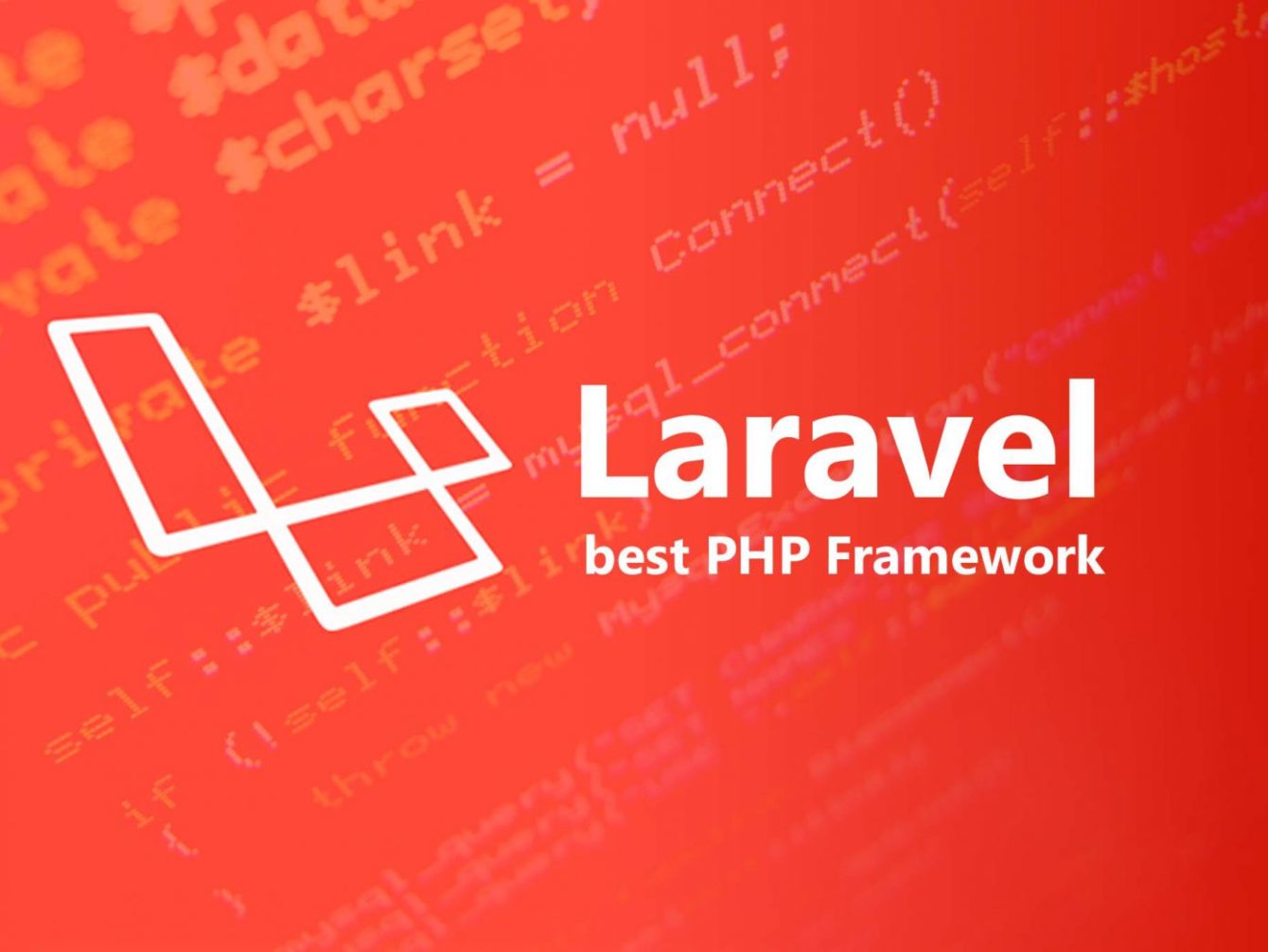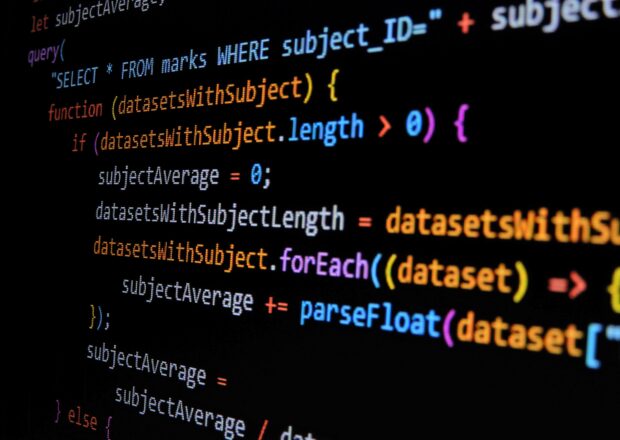A Review of the Best Web Application Development Frameworks to Build an MVP
If you want to launch a digital product or app quickly, one of the most effective options is to create a minimum viable product using a development framework like Laravel, Ruby on Rails, or another software development framework. Frameworks help you move quickly and already have a lot of scaffolding to make initial development easy.
Our top choices are Laravel (PHP) and Ruby on Rails (Ruby) for building MVPs.
What is an MVP?
A minimum viable product, or MVP, is a basic version of a digital product that supports a minimal and essential range of features. It allows an app or software package to be brought to market much more quickly in order to entice early adopters and obtain initial feedback that can be used to improve later iterations of the product. Many of the most popular mobile apps used today started their life as a minimum viable product, including AirBnb and Uber.
Creating an MVP for an app has so many benefits for technology startups, enabling you to refine and optimize your product, speed up the development process, and gain a higher return on investment.
But if you are planning to launch an MVP, you’ll need a reliable web application development framework with which to build it. There are so many options to choose from on the market, you need to weigh up the pros and cons of each in order to determine which one is right for your specific needs.
The following guide takes a look at some of the most popular web application development frameworks you can use to build an MVP for your app. You can use this information to weigh up the benefits and drawbacks to help you make your decision. Read on to learn more.
Ruby on Rails
The Pros: The most popular framework for developing start ups. Used by AirBnb, Uber and Shopify for their MVPs. Uses an accessible general-purpose programming language.
The Cons: Costs for Ruby developers tend to be higher than for other programming languages. High boot time. Older framework.
Laravel
The Pros: Simple, straightforward coding that makes it easy to build MVPs using the software. Highly scalable software for projects of any size. Secure system and simple data migration. Accessible and easy to learn. New and actively developed on by it’s founder.
The Cons: PHP can be a turn off for some. Since it’s newer, some features are not yet fully developed, for example the app ecosystem is still maturing (Looking at you, Laravel Forge).
Django
The Pros: Implemented in Python, so very easy to read. Used for many popular apps including Instagram, Pinterest and Eventbrite. Excellent security, fast processing times, and highly scalable software.
The Cons: Django was originally developed for the publishing industry, so it’s focus is on content not necessarily web applications. It has a lot of boilerplate code so it might be a bit heavy handed for an MVP.
Flask
The Pros: Another Python entry so easy to read and very very lightweight. Used to build popular apps including Netflix and Reddit. A flexible, scalable framework.
The Cons: Flask is a micro web framework written in Python. It is classified as a microframework because it does not require particular tools or libraries. It has no database abstraction layer, form validation, or any other components where pre-existing third-party libraries provide common functions, so it is very lightweight which can be a pro and a con.
Our choice for MVP development: Laravel (PHP)
In summary, each of these web application development frameworks have their own pros and cons, and the right choice will depend on your exact needs and project specifications. But for a minimum viable project, Laravel is an excellent choice, supporting simple coding and scalability for building later iterations of your MVP.
Get in touch now to learn more about building an MVP and bringing it to market.




